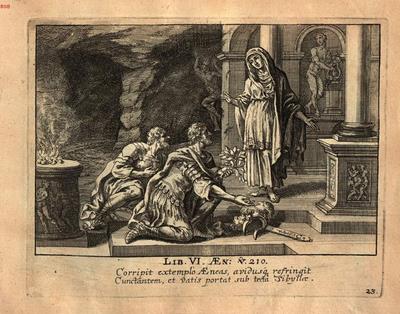
You cant ship parts causing a noisy uproar.


"The decks were a riot of rigging, timber, torn wineskins belching their contents, all mingled with sea water and blood."Ī riot is a noisy, violent public disorder caused by a group or crowd of people, like a rowdy mutiny. For example, in the phrase there is a great sample of personification:

I think of the ship having these little orbs mounted in the side of the ship crying their eyes and wailing what Aeneas is wailing.įirst off, there are many forms of personification in this excerpt. The sentence, "'Why didn't we die in Troy?' he cried, but the words of his prayer were lost in the gale the whole ship seemed to be wailing the same lament." reminds me of the books The Throne of Fire and The Serpent's Shadow, where Sadie and Carter ride the sun boat, and it is steered by little orbs that talk to Sadie. By writing that the decks were a riot of these things, it summons an image of scattered rigging with timber stuck in it, wine spilling in the floor, mixed with water and blood, all while the ship rocks violently to and fro on the "boiling sea." I like the sentence, "Sails were ripped from their masts the decks were a riot of rigging, timber, torn wineskins belching their contents, all mingled with sea-water and blood." I think of riots as a time when people are all confused and scattered and running around and everything is mayhem (like that commercial!). I agree with Eli that Emily Frenkel used a lot of personification in this passage, some examples being "torn wineskins belching their contents," "the scream and crack of wood," "boiling sea," and "the whole ship seemed to be wailing the lament." “Why didn’t we die in Troy?” he cried, but the words of his prayer were lost in the gale the whole ship seemed to be wailing the same lament. Aeneas, his legs gripping a rocking ladder, raised his hands to the sky. The low, desperate babble of human confusion was broken now and then by the shriek of some poor creature crushed by a mast, or the shrill neighing of a horse swept overboard into the boiling sea. There was a tearing and slapping of wet fabric, and the scream and crack of wood bent beyond the limit of its length. Sails were ripped from their masts the decks were a riot of rigging, timber, torn wineskins belching their contents, all mingled with sea-water and blood. Post your comments below.Īboard the Trojan ships, there was no time for panic.

Students, please take a few minutes to analyze and comment on the following excerpt from the chapter entitled “Aeneas at Carthage.” Note the author’s use of personification and descriptive language.


 0 kommentar(er)
0 kommentar(er)
